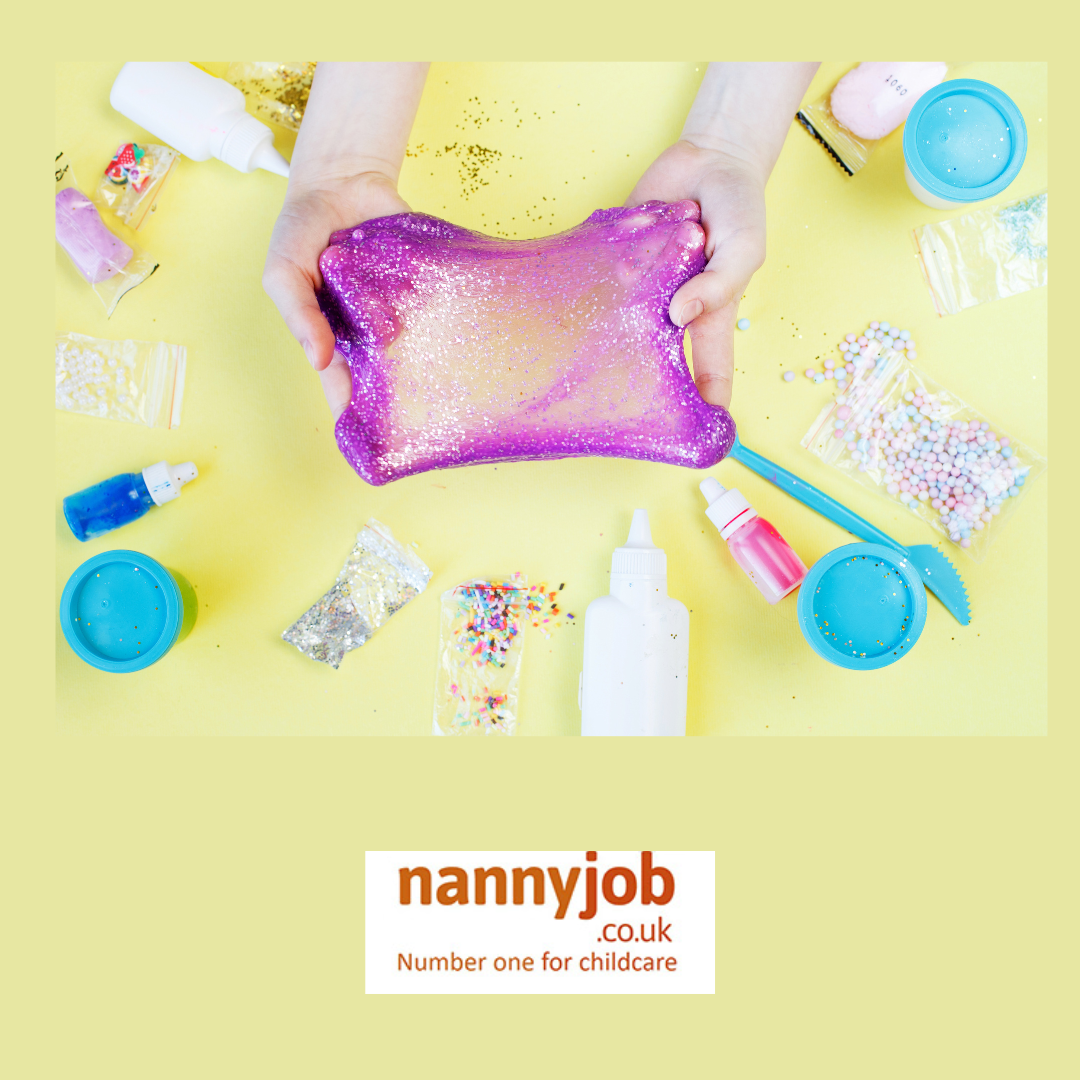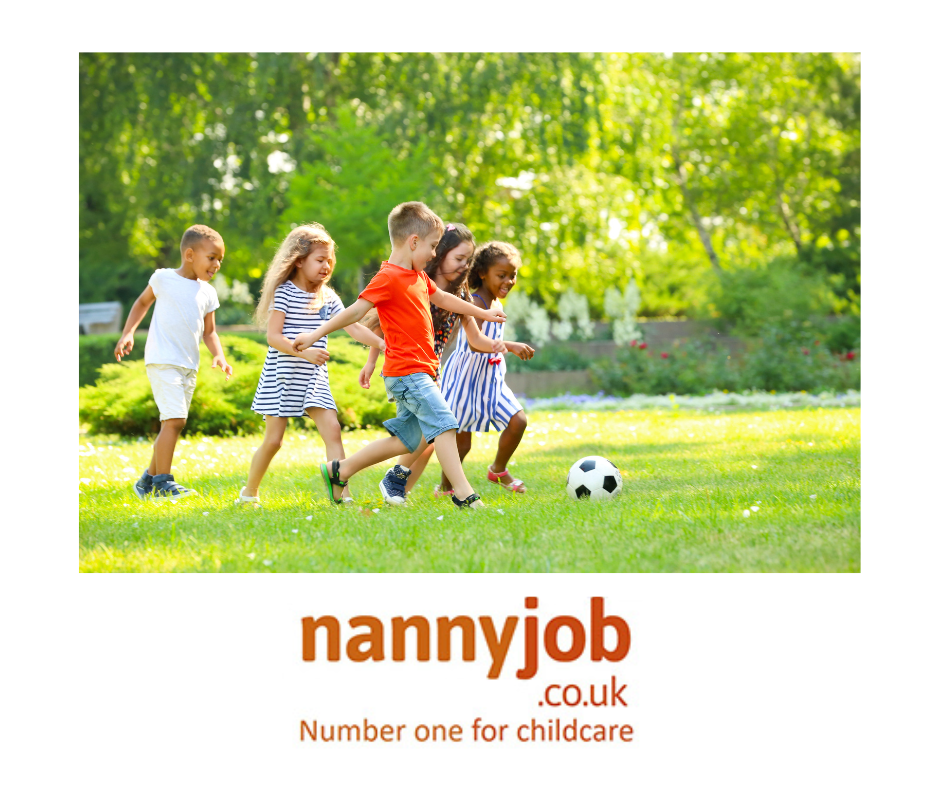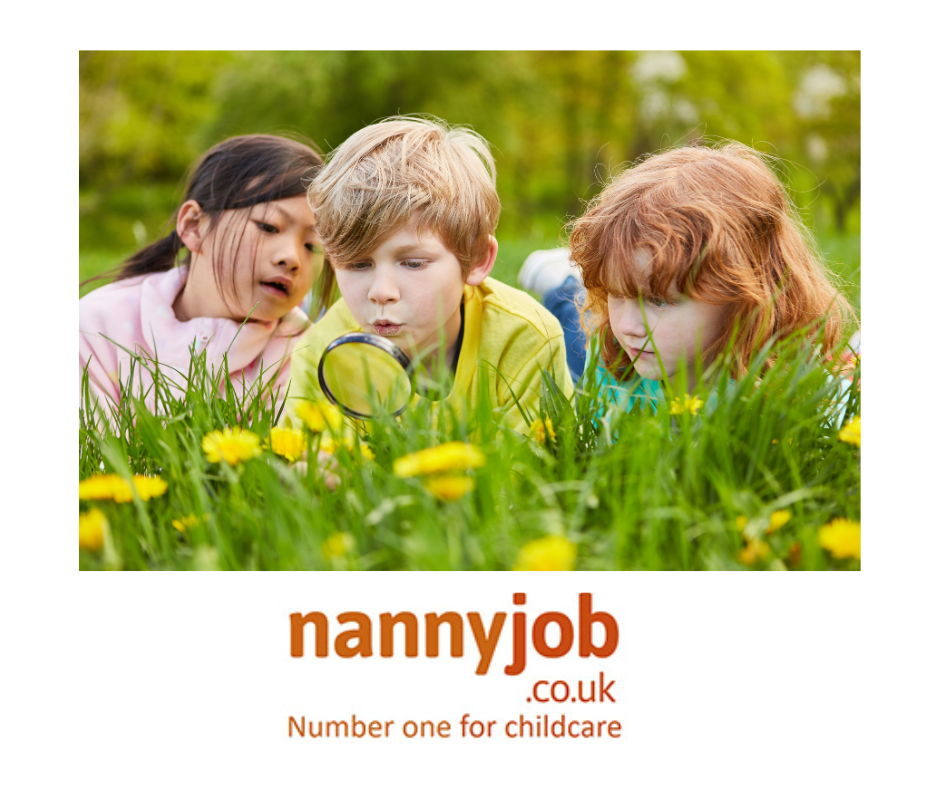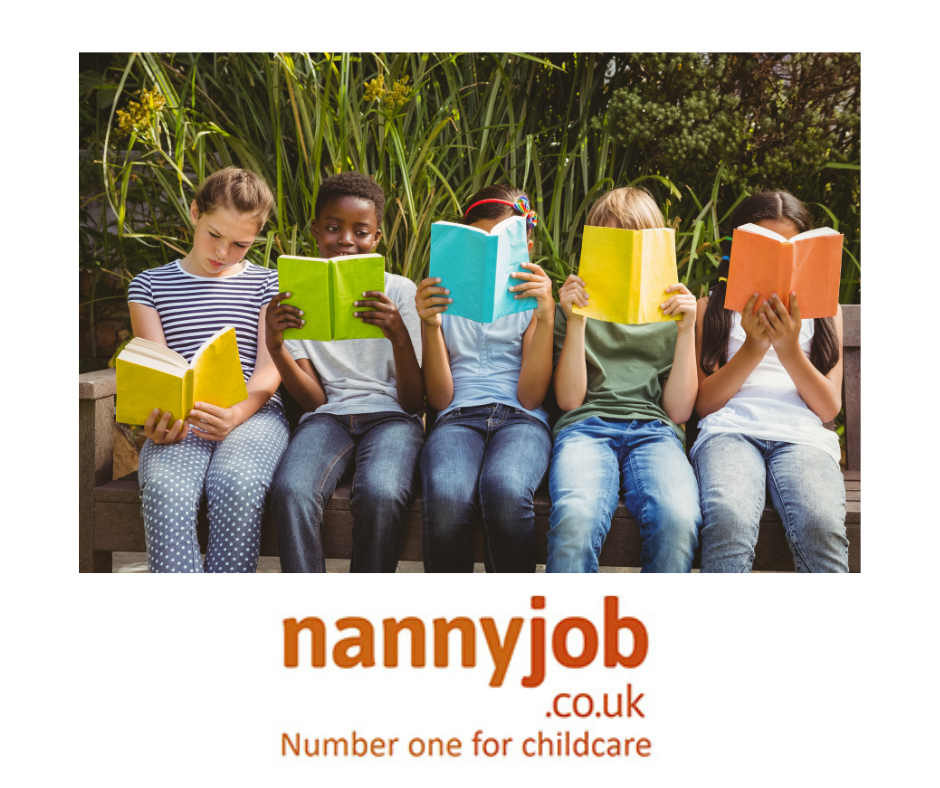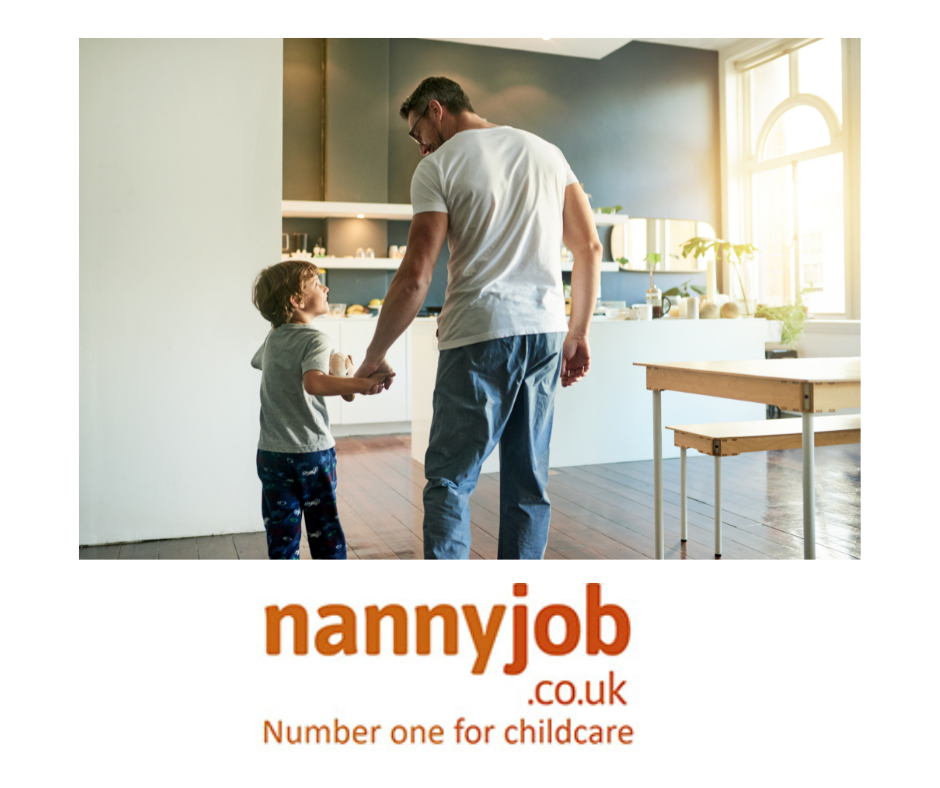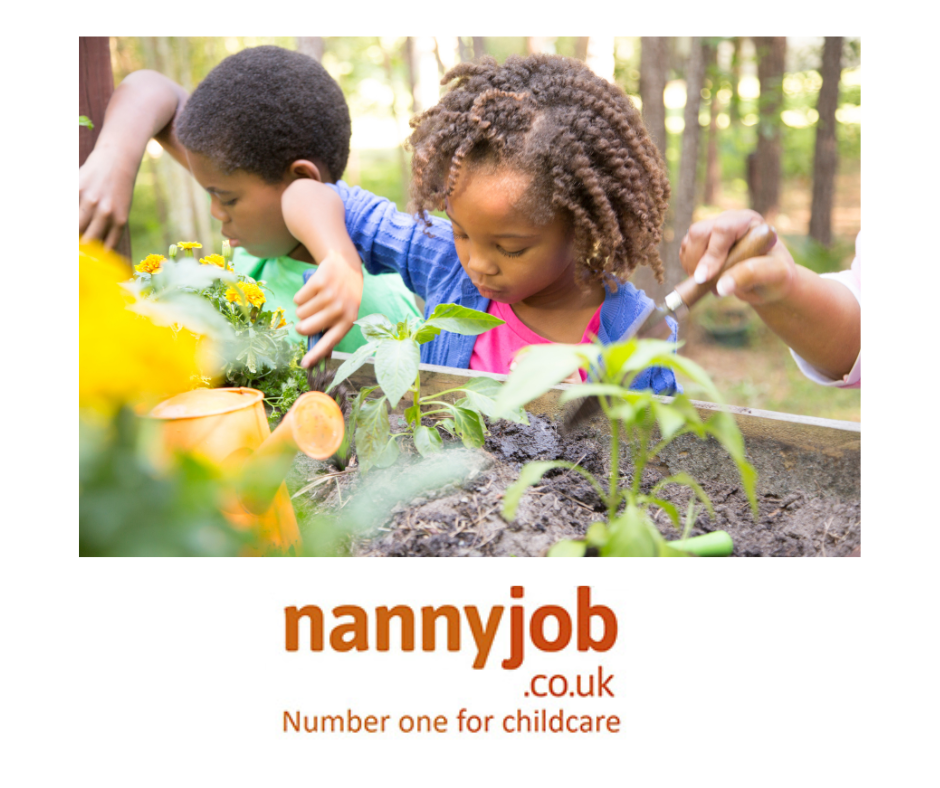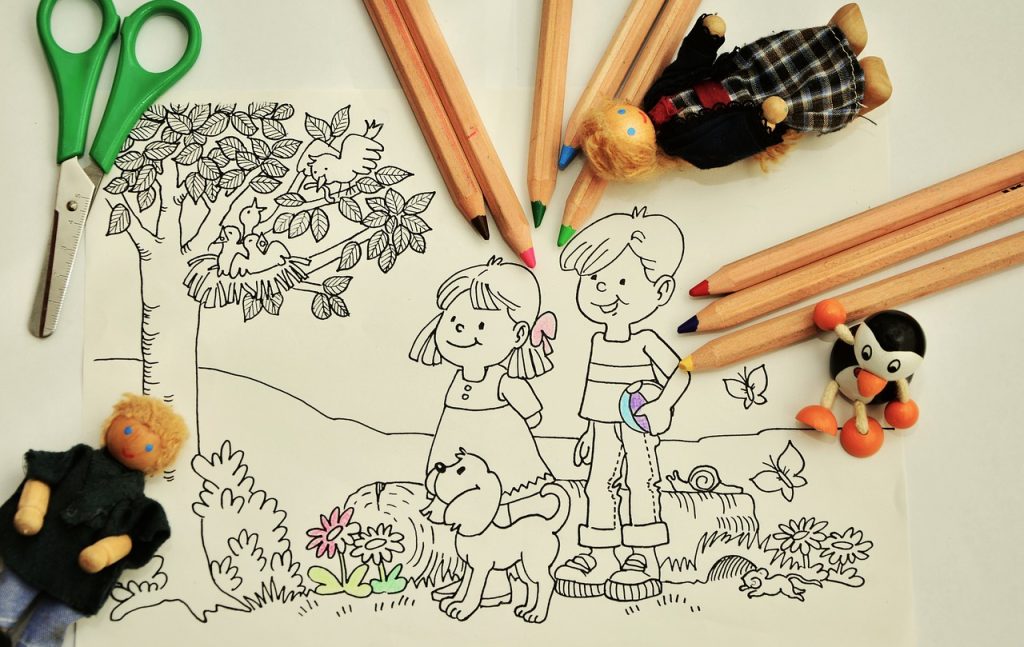Routines are an integral part of our everyday lives. They provide us with a sense of security, help us manage our time efficiently, and aid in setting expectations. When it comes to children, establishing a consistent routine is particularly crucial. It offers them a framework for understanding the world, enhances their sense of security, and fosters crucial life skills. This blog post will explore the importance of routine in children’s lives and provide some practical tips for creating effective routines
Routines are an integral part of our everyday lives. They provide us with a sense of security, help us manage our time efficiently, and aid in setting expectations. When it comes to children, establishing a consistent routine is particularly crucial. It offers them a framework for understanding the world, enhances their sense of security, and fosters crucial life skills. This blog post will explore the importance of routine in children’s lives and provide some practical tips for creating effective routines.
Routines Offer Predictability and Security
Routines provide children with a sense of predictability and security. When children know what to expect, it reduces their anxiety about the unknown and provides them with a sense of control over their environment. Predictable routines can help children feel safe and secure in their world, which is particularly important during times of change or stress.
Routines Help Develop Essential Life Skills
Consistent routines also foster independence and responsibility in children. When tasks such as tidying up their toys, brushing their teeth, or dressing themselves are incorporated into a daily routine, children gradually learn to take responsibility for these tasks. Over time, they learn to manage these activities independently, contributing to their self-confidence and self-esteem.
Routines Support Healthy Habits
Routine plays a crucial role in establishing and maintaining healthy habits. Regular meal and snack times help children understand the importance of nutrition and ensure they receive a balanced diet. Regular physical activities encourage an active lifestyle, while a consistent sleep routine supports adequate rest and regeneration.
Routines Foster Time Management and Planning
Children who follow a routine learn important skills such as time management and forward planning. Understanding that certain activities are performed at specific times each day, like homework or bedtime, teaches children to plan ahead, anticipate what’s next, and prepare accordingly. These skills are essential for their academic success and future professional life.
Creating Effective Routines
Creating effective routines requires consistency, but it’s equally important to allow some flexibility. Children, just like adults, need some downtime and the opportunity for spontaneous activities. A rigid schedule with no room for spontaneous play or relaxation can lead to stress and resistance. Striking a balance between structure and flexibility is key.
Incorporate the essentials like meals, sleep, school, and homework into the routine first. Then, around these, build in time for physical activity, relaxation, and free play. Involve your child in the planning process wherever possible, as this can increase their commitment and make them feel valued.
Remember, the goal of a routine is not to control every minute of a child’s day but to provide them with a predictable and secure environment that promotes healthy development.
In conclusion, routines are far more than a series of tasks to be performed each day. They are an essential tool for providing children with a sense of security, fostering essential life skills, and promoting healthy habits. By creating a consistent, balanced routine, we provide our children with the structure they need to thrive.
Regenerate response


